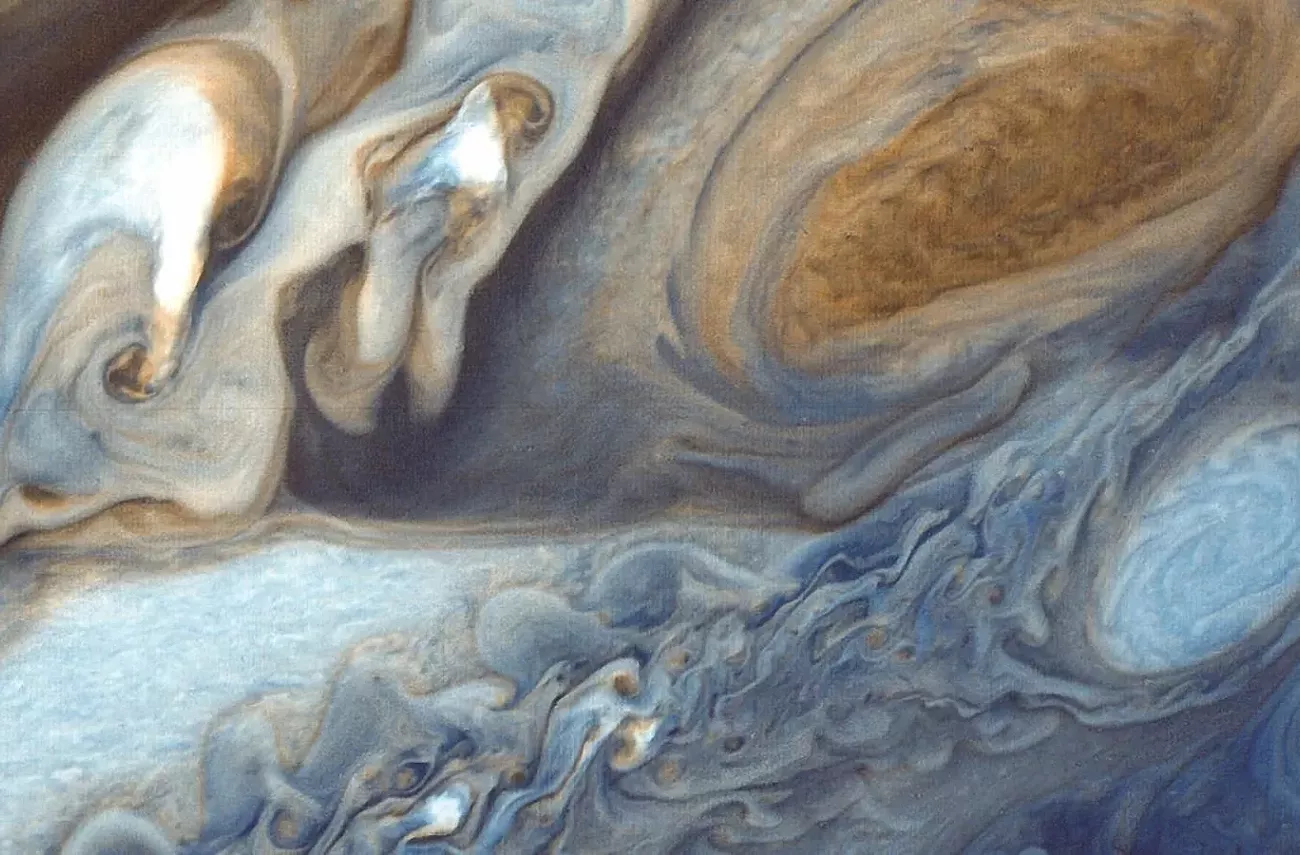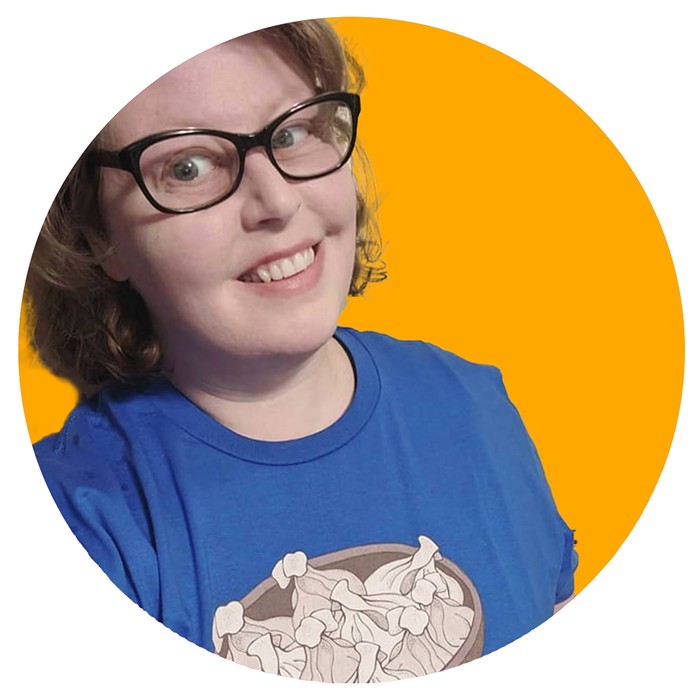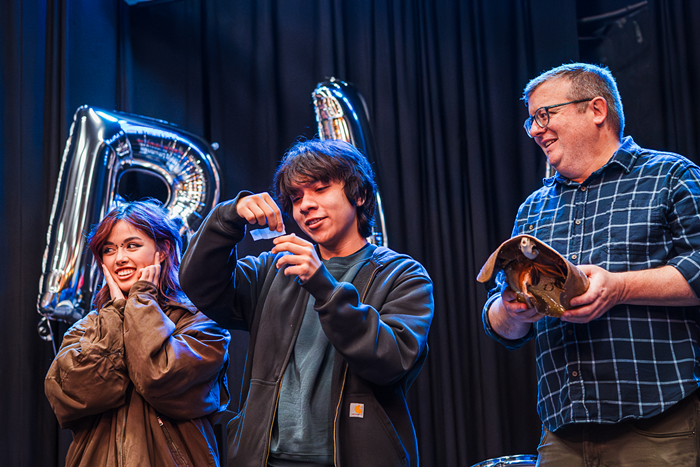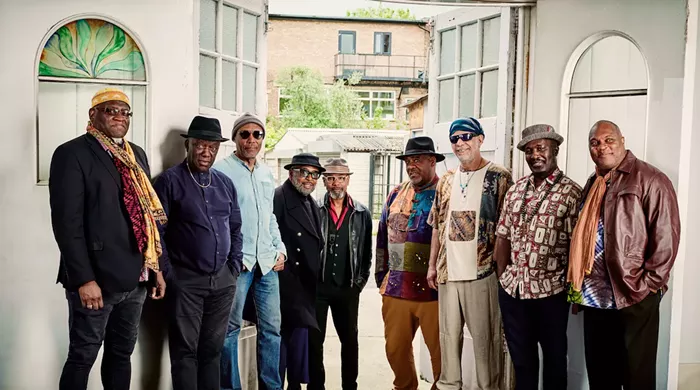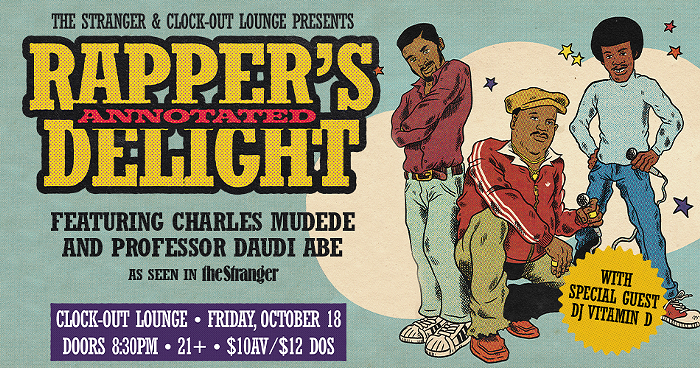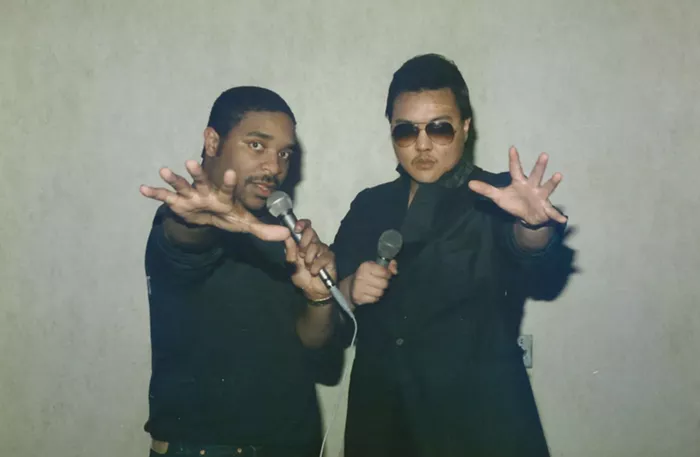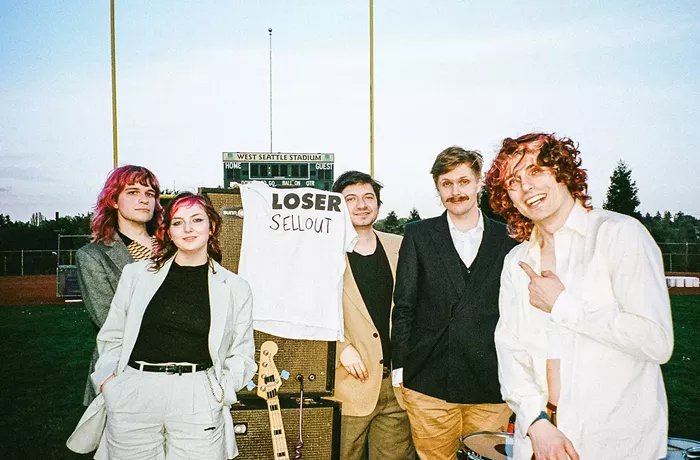When I texted my trombone-major boyfriend to ask if he wanted to go see the Seattle Symphony perform Gustav Holst’s The Planets: An HD Odyssey with me this weekend, I received this enthusiastic, if very stoned, reply:
>planets is hella sick
>holst was a trombone player who was tired of being dissed by composers
>so they got the cool parts with fortissississimo dynamic markings
>he was like “let ‘er rip” and so the horn section just goes nuts
>i wrote a whole paper at humboldt state about how holst and mahler got their shit robbed for modern movie soundtracks
>i got a c minus
Well, damn. Clearly, I had more research to do.
Born on the edge of the Cotswolds region of England in 1874, Gustav Holst was a composer and raving socialist who had lots of interesting medical problems. He was also agonizingly shy, and worked professionally as a trombone player because he couldn’t make a living as a composer. The fourth gen in a family of pro-level musicians, young Gustav was earmarked by his dad to be a pianist, but his right arm was crazed by neuritis, which he once described as feeling "like a jelly overcharged with electricity.” He also had asthma and weak eyesight and, by most accounts, was a sickly, sensitive, miserable person overall. The Niles Crane energy of this man.
Despite his dreams of spending his time composing, not tromboning, Holst only ever had one mainstream hit, The Planets: a seven-part suite wherein each movement is named and styled after a different planet. His best-known work during his lifetime is way better known today—particularly by Star Wars fans, because John Williams bombastically ripped off at least three of the suite’s movements when writing the original Star Wars soundtrack in the late ’70s, at the specific request of George Lucas. “The Imperial March,” the “Imperial Attack,” music, “The Force Theme”... it’s pretty blatant. They're all largely ganked from the "Mars" movement, where the horns go nuts, aforetold. Some say that Williams literally copied the music from Holst’s score, although no lawsuit was ever filed by Holst's estate.
The whole suite is strongly evocative of what modern ears generally recognize as "soundtrack music," and for good reason—it's been heavily mined over the decades. E.g., the main theme from the first Alien movie is plainly bogarted from the "Saturn" movement of The Planets. A classic patriotic British hymn, “I Vow to Thee, My Country,” was nicked note for note from the "Jupiter" movement (after its lyricist asked Holst to write a melody for his poem and Holst was too busy, so he just helped himself). There have been a ton of video games that borrowed from the suite too, including the "Lost Woods" music from The Legend of Zelda: Ocarina of Time and "The Airship Theme" from Super Mario 3.
I could go on. People just keep on robbing poor Gustav. Suffice it to say that, if you’ve ever left your home, you know about half of this score quite well.
This weekend, you’ll have three chances to hear Holst’s celestial masterwork performed live by our own Seattle Symphony at Benaroya Hall. The Planets: An HD Odyssey will punctuate the orchestral suite with a backdrop of super close-up NASA photography of nebulae and asteroids and Dune-y landscapes, leading audiences on a swoopy trip through the galaxy.
This HD-enabled version of The Planets has been touring the US for a few years, but we get a special bonus here in Seattle. The three local performances will be directed by Xian Zhang, the Seattle Symphony’s fresh new director-elect who’s slated to start her new job in the fall of ’25. A longtime SSO guest director, Zhang is one of only two female directors of major symphony orchestras in the nation, and our local shop was lucky to win her from the New Jersey Symphony. (The other is Nathalie Stutzmann, who leads the Atlanta Symphony Orchestra.) Zhang is also the only person of color to lead the Seattle Symphony in its entire century-long history. It’s been wall-to-wall white dudes since 1903. As a former Cornish piano student who fantasized about conducting someday and was overwhelmed by the scarce number of lady conductors in the world in 1999—it’s a big deal to have Zhang as Seattle’s director-elect.
Sax soloist Steven Banks will be the opening act, making his Seattle Symphony debut with his performance of Diaspora. American composer Billy Childs wrote this saxophone concerto expressly for Banks, in which he describes the Black experience in the United States—throughout the past, the present, and the future that Childs envisions—through music, with the symphony backing up Banks’s sax solo. In writing the concerto, Childs took inspiration from poems by Nayyirah Waheed (the past), Claude McKay (the present), and Maya Angelou (the future).
A little more about Holst! The spacey movie that'll be playing behind it notwithstanding, The Planets was written about the planets in an astrological context, not an astronomical one, because Gustav was a giant astrology ho. He revered the astrological significance and character of each planet, and each movement has a cute accompanying personality trait in the title, like “Neptune: The Mystic” and “Uranus: The Magician” and “Venus: The Bringer of Peace.” There are only seven movements in The Planets because only eight planets had been invented back then, and he didn’t write one about Earth because it sucks. It sucked even back then.
Another fun fact is that, when The Planets debuted in London in 1918, it was thrown together last-minute for a private audience and the musicians were given the score only two hours before the curtain went up. For the angelic vocable chorus bit in "Neptune," Holst just grabbed some of his students and was like “Okay, go,” and it came off as… not professional. Plus there were no words, just ahs. Although many later changed their tunes, early critics trashed the first slapdash performance, along with the next few shows—The Globe called The Planets “noisy and pretentious,” and the Saturday Review initially quipped that Holst apparently saw the planets “as objectionable nuisances that he would oust from our orbit if he could.” Audiences found it kinda creepy and weird too. Holst was already a documented weird person, and this didn't help.
"Neptune" is my fave, by the way, for its dream-sequencey use of dissonance and, yeah, that spooky offstage female chorus singing wordlessly, at once channeling The Little Mermaid and Elizabeth Fraser from Cocteau Twins. Speaking of wordless tones, after I’d texted him from the other room, my boyfriend smoked more weed and then we got into a long argu-discussion about whether The Planets can rightly be called a tone poem. He says yes, and I said no, on principle, even though I don’t totally know what a tone poem is. It seems, like, too long to be called that. He is probably right though, since he graduated from music school and I dropped out. He's obviously the household Holst scholar.
In closing, get real high and go see The Planets: An HD Odyssey by Gustav Holst at Benaroya Hall this weekend. It’s like The Planets with extra planets. I’ll see you at the wine table.
Seattle Symphony will perform The Planets: An HD Odyssey on the evenings of March 27 and March 29, as well as a matinee show on March 30. Tickets can be purchased at seattlesymphony.org.
